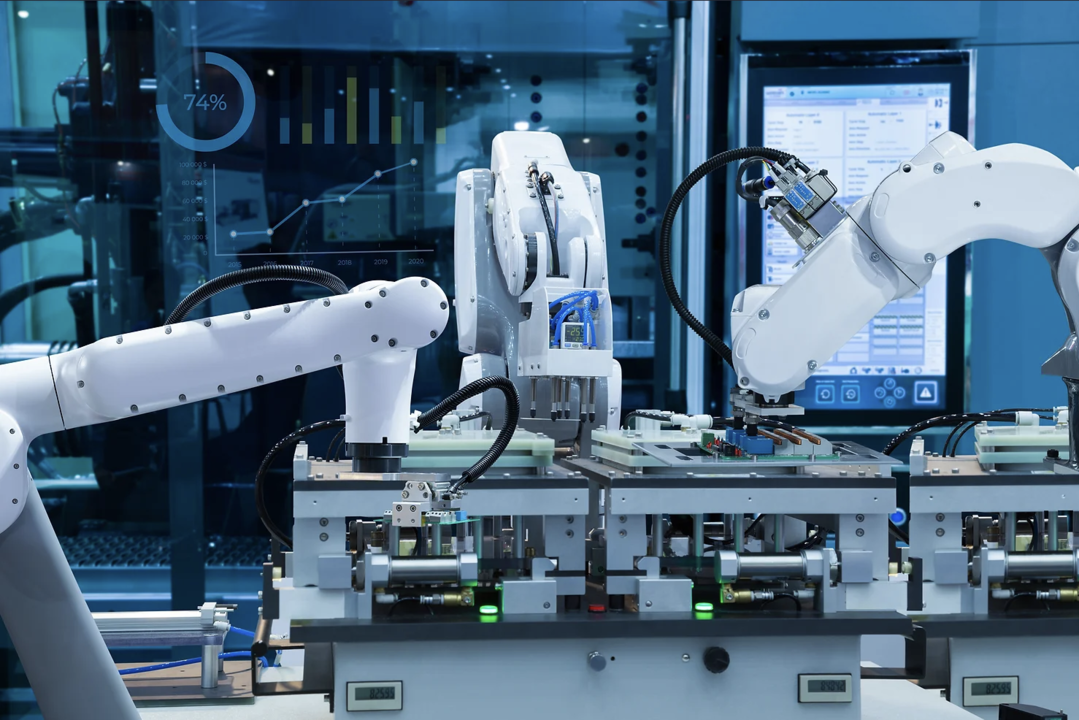The field of AI for battery inspection is rapidly evolving, becoming a pivotal component in ensuring the quality and efficiency of battery production. As industries seek to improve the longevity and safety of batteries, the integration of artificial intelligence in inspection processes is proving to be a game-changer. This article delves into how AI is revolutionizing battery inspection, offering insights into its applications, benefits, and future potential.

Understanding the Role of AI in Battery Inspection
Artificial Intelligence (AI) is fundamentally transforming how industries conduct inspections. AI for battery inspection involves using advanced algorithms and machine learning to automatically detect defects, anomalies, and inefficiencies in battery production. This not only enhances the accuracy of inspections but also significantly speeds up the process.
The Importance of Battery Inspection
Batteries power a vast array of devices, from smartphones to electric vehicles. Ensuring that these batteries are safe and efficient is crucial. Traditional inspection methods are often labor-intensive and prone to human error. AI offers a solution by providing consistent and reliable inspection results.
How AI Enhances Battery Inspection
AI technologies, such as machine learning and computer vision, are at the forefront of enhancing battery inspection. These technologies allow for real-time analysis and detection of defects, which is essential for maintaining high-quality standards.
Machine Learning in Battery Inspection
Machine learning algorithms can learn from vast amounts of data to identify patterns and predict potential issues. This predictive capability is invaluable in preemptively addressing defects before they lead to larger problems. For more insights on AI’s role in quality control, explore AI in quality control.
Computer Vision and Its Applications
Computer vision, a key component of AI, enables machines to interpret and make decisions based on visual data. This is particularly useful in battery inspection, where visual defects can be indicative of underlying issues. Learn more about computer vision applications.
Benefits of AI in Battery Inspection
Integrating AI into battery inspection processes offers numerous benefits, ranging from increased efficiency to enhanced safety. Below are some of the key advantages:
Increased Efficiency and Speed
AI systems can process and analyze data much faster than human inspectors, leading to quicker inspection times without compromising on accuracy.
Improved Accuracy and Consistency
AI reduces the risk of human error, ensuring that inspections are consistent and reliable. This is crucial for maintaining high-quality standards in battery production.
Cost Savings
By automating the inspection process, companies can significantly reduce labor costs and minimize waste due to defects. Discover more about visual inspection benefits.
The Future of AI in Battery Inspection
The potential for AI in battery inspection is vast, with ongoing advancements set to further enhance its capabilities. As AI technology continues to evolve, its applications in battery inspection are expected to expand, offering even greater efficiencies and insights.
Challenges and Considerations
While AI offers numerous benefits, there are challenges to consider, such as the initial cost of implementation and the need for ongoing maintenance and updates. However, the long-term benefits often outweigh these initial hurdles.
Case Studies and Real-World Applications
Several companies are already reaping the benefits of AI in battery inspection. These case studies highlight the real-world applications and successes of integrating AI into the inspection process.
Case Study: Automotive Industry
In the automotive industry, where battery performance is critical, AI has been instrumental in enhancing inspection processes, leading to improved battery lifespan and safety.
Case Study: Consumer Electronics
For consumer electronics, AI has helped in detecting defects early in the production process, reducing the number of faulty products reaching consumers.
Conclusion
The integration of AI for battery inspection is transforming the quality control landscape, offering unparalleled accuracy, efficiency, and cost-effectiveness. As AI technology continues to advance, its role in battery inspection is set to become even more integral, driving improvements across various industries.

FAQs
What is AI for battery inspection?
AI for battery inspection involves using artificial intelligence technologies, such as machine learning and computer vision, to automatically detect defects and inefficiencies in battery production.
How does AI improve battery inspection?
AI improves battery inspection by providing real-time analysis, reducing the risk of human error, and increasing the speed and accuracy of inspections.
What are the benefits of using AI in battery inspection?
Benefits include increased efficiency, improved accuracy, cost savings, and enhanced safety in battery production.
This article contains affiliate links. We may earn a commission at no extra cost to you.

